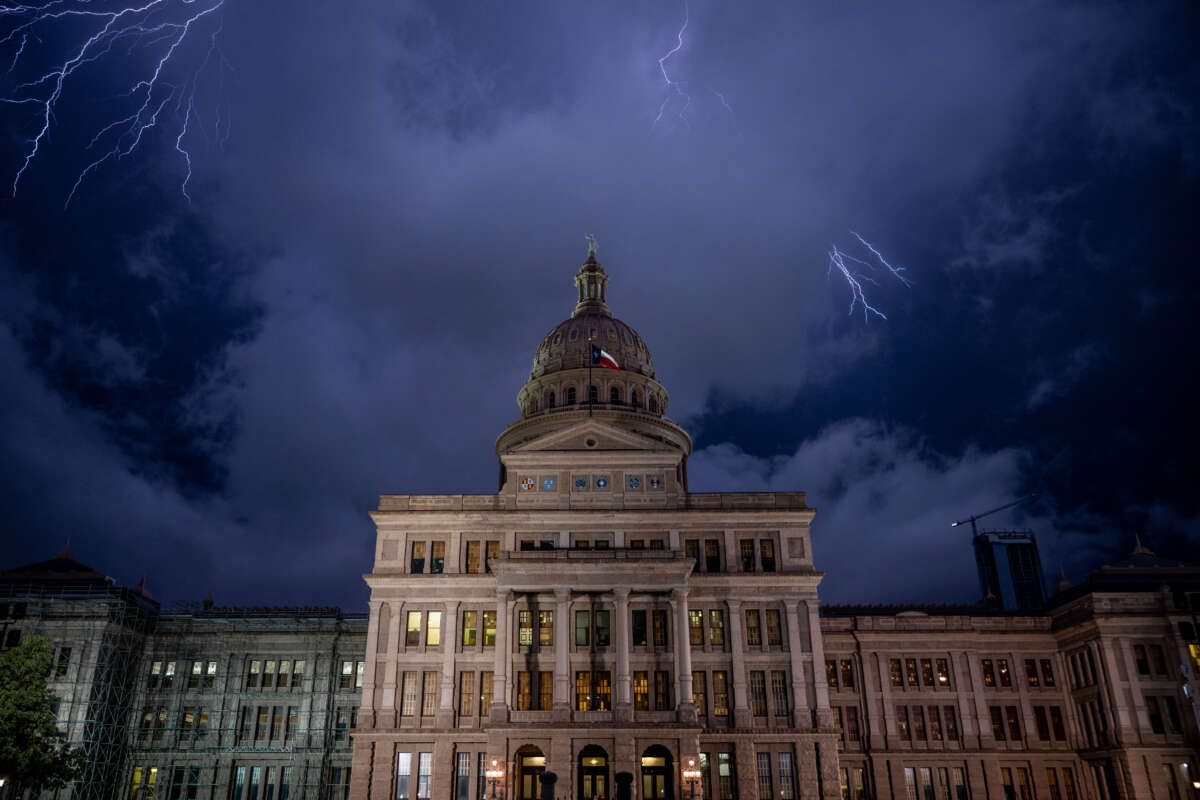A Texas judge has deemed a recently passed law — which aims to limit the ordinances or regulations that can be enacted by municipalities across the state — a violation of the standards protecting local control in the Texas constitution.
The city of Houston initially sued the state over the law, and was later joined by the cities of El Paso and San Antonio.
State District Judge Maya Guerra Gamble of Travis County issued a short, two-page ruling on Wednesday, writing that the law — House Bill 2127, known as the “Death Star” bill by its opponents — is, “in its entirety…unconstitutional — facially, and as applied to Houston as a constitutional home rule city” and to other local laws in the state.
The ruling will not prevent the law from taking effect this Friday, The Texas Tribune reported. However, it will give cities a greater ability to counter any state lawsuits against their local ordinances. The Texas Attorney General’s office has already announced that it will appeal the ruling.
Gov. Greg Abbott (R) signed HB 2127 in June amid loud opposition from progressive and labor groups and large cities and counties in the state, which have, over the past several decades, been granted greater leeway in passing ordinances within their jurisdictions. The law restricts local municipalities from taking action on eight different types of government codes unless the state government gives explicit permission to do so.
Portions of the statute are extremely ambiguous, making it unclear whether or not city or county entities can take certain actions, thereby creating a chilling effect.
Among other areas, the law would stifle local governments from enacting or enforcing ordinances related to construction — for example, a Harris County regulation that requires construction companies to keep records on safety (and that bars unsafe companies from being considered for projects) would undoubtedly be found in noncompliance with HB 2127.
The law would affect local ordinances that regulate payday loan lenders, impose stricter bans on discrimination in hiring and housing, allow for higher-than-state rates for minimum wage, and more. The law could also restrict how local governments react to natural disasters, causing municipality leaders to worry over whether their actions to aid residents might be in violation of the law.
Local government leaders and organizations opposed to the law celebrated Gamble’s decision.
“This is a win for democracy,” San Antonio Mayor Ron Nirenberg said in a statement. “The ruling is a critical step toward ensuring Texas cities and their respective residents maintain their ability to govern themselves.”
Nirenberg said he and other city leaders were preparing for an appeal.
“The Governor and state Legislature will undoubtedly continue their attempts to thwart local control, but San Antonio will stay vigilant in its fight to protect the voice and power of our residents,” Nirenberg said.
The law “thwarts the will of Texas voters who endowed these cities in the Texas Constitution with full rights to self-government and local innovation,” said Houston Mayor Sylvester Turner, who lauded the ruling.
In a joint statement from several progressive and labor groups (including the Texas AFL-CIO), organizations said that Gamble’s decision will allow “critical, life-saving local policies to remain in place … reflecting the importance of local leaders being able to respond to their communities’ urgent needs.”
Media that fights fascism
Truthout is funded almost entirely by readers — that’s why we can speak truth to power and cut against the mainstream narrative. But independent journalists at Truthout face mounting political repression under Trump.
We rely on your support to survive McCarthyist censorship. Please make a tax-deductible one-time or monthly donation.
